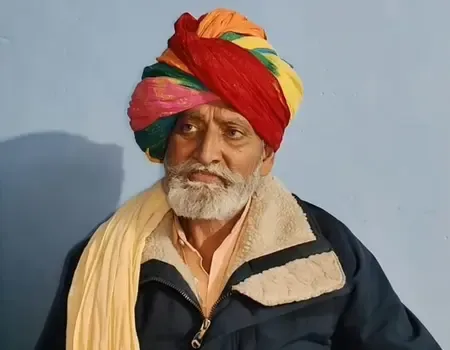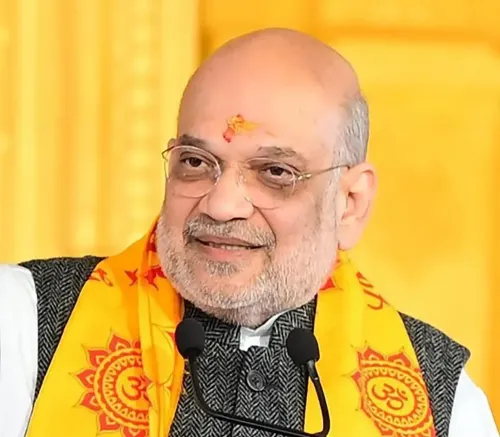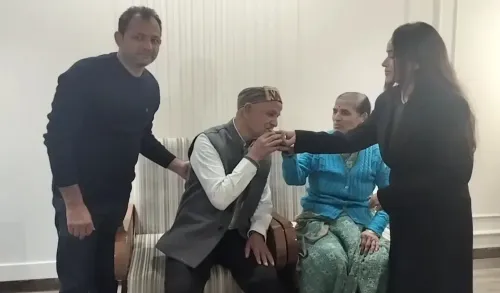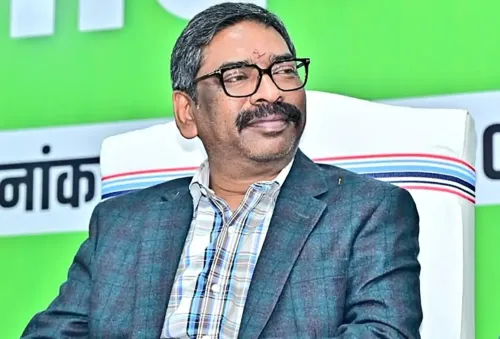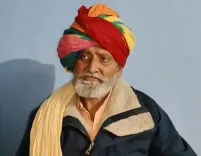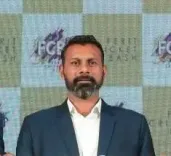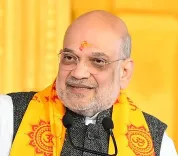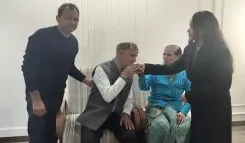Is Pawan Khera's Repost of Udit Raj’s Attack on Tharoor a Strategic Intra-Party Message?
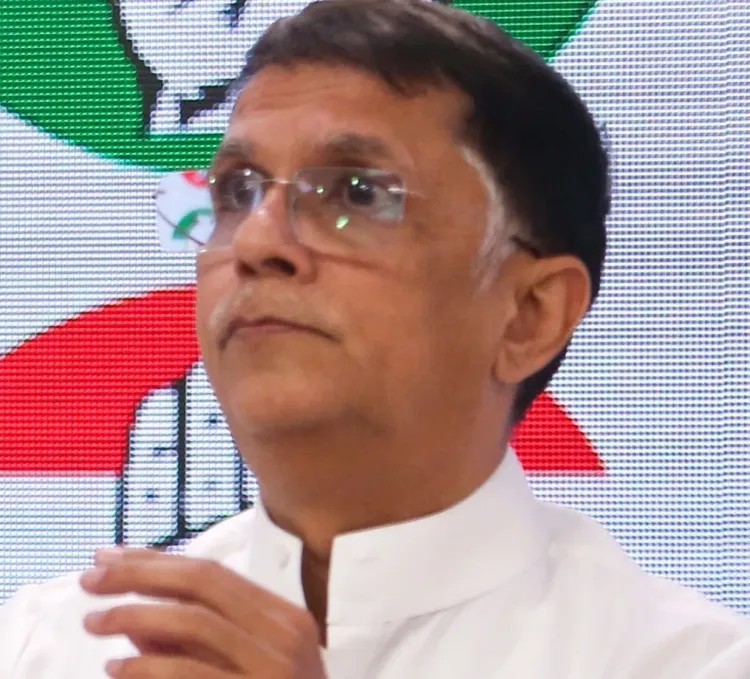
Synopsis
Key Takeaways
- Udit Raj's sharp critique of Tharoor raises questions about loyalty within Congress.
- Pawan Khera's endorsement suggests potential party factionalism.
- The controversy highlights significant historical military achievements by Congress.
- Udit Raj's identity as a Dalit leader adds another layer to the discussion.
- The future of Congress's unity hangs in the balance amid these internal challenges.
New Delhi, May 28 (NationPress) The Congress party finds itself amidst fresh turmoil as internal divisions resurface, triggered by an inflammatory social media comment from party member Udit Raj.
In his post on X, Raj vehemently criticized senior Congress figure Shashi Tharoor, taking him to task for statements made during a diplomatic mission in Panama, where Tharoor was perceived to have praised the Modi government's military initiatives beyond the border.
Raj wittily remarked that if he had the authority, he might suggest that Prime Minister Narendra Modi appoint Tharoor as the BJP's chief spokesperson or even as foreign minister, given the nature of his comments abroad.
He accused Tharoor of diminishing the Congress party’s historical achievements by making remarks that appeared to overlook the strategic military successes that India enjoyed under past Congress administrations.
Raj emphasized that during the 1965 and 1971 conflicts, India undertook significant military actions that altered the landscape of the subcontinent, notably the establishment of Bangladesh in 1971 due to India's involvement.
He also underscored that during the UPA government's tenure, India executed numerous surgical strikes, although these actions were not celebrated or politicized to the extent seen in contemporary times.
Raj criticized Tharoor for “overlooking” these historical deeds and, in doing so, accused him of betraying a party that has been pivotal to his political journey.
The backlash has resonated within political circles not only because of its substance but also due to its endorsement—whether real or assumed—by Pawan Khera, the Chairman of the Congress’s Media and Publicity Department and a member of the Congress Working Committee.
Khera’s choice to share Udit Raj’s critique has ignited speculation regarding factionalism within the party.
Observers interpret Khera’s move as a tacit endorsement of Raj’s public censure of Tharoor, who is a key figure in Congress’s international representation.
Currently, Tharoor is leading a multi-party delegation to five countries following Operation Sindoor, and his comments in Panama, viewed as favorable to the Modi government's military assertiveness, have triggered this internal party backlash.
Adding complexity to the situation is Udit Raj’s own political persona—as a Dalit leader, his stance is perceived by some analysts as a calculated strategy to provide caste-based political protection to his criticism.
This maneuver is thought to preempt any backlash from Tharoor’s supporters or the BJP by highlighting the need for marginal representation.
This unfolding controversy indicates a deeper ideological and strategic upheaval within Congress. The future will reveal whether this incident escalates into an open confrontation or is handled privately.


